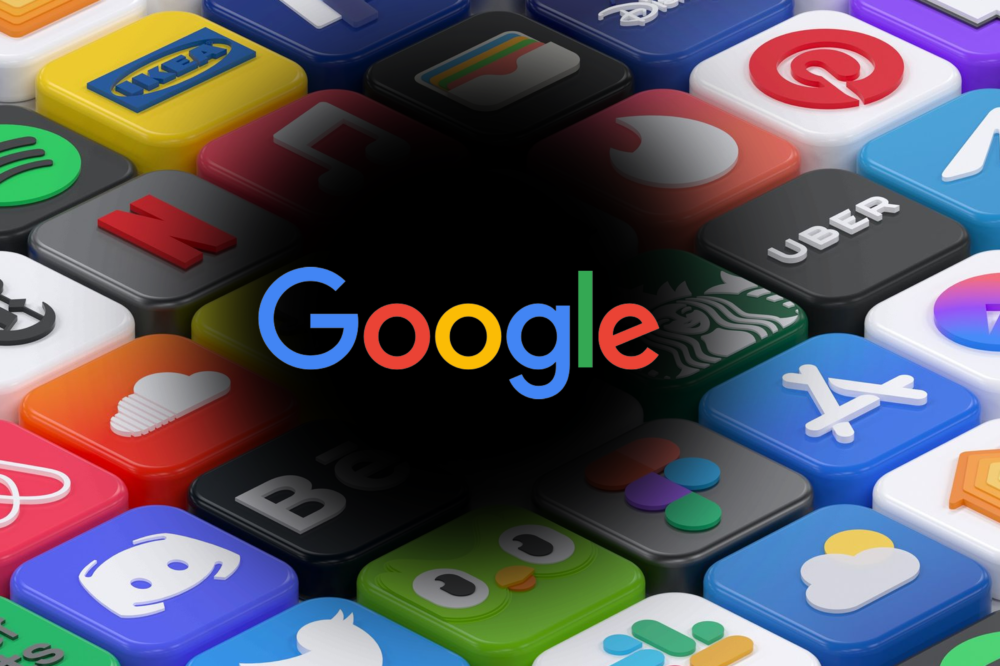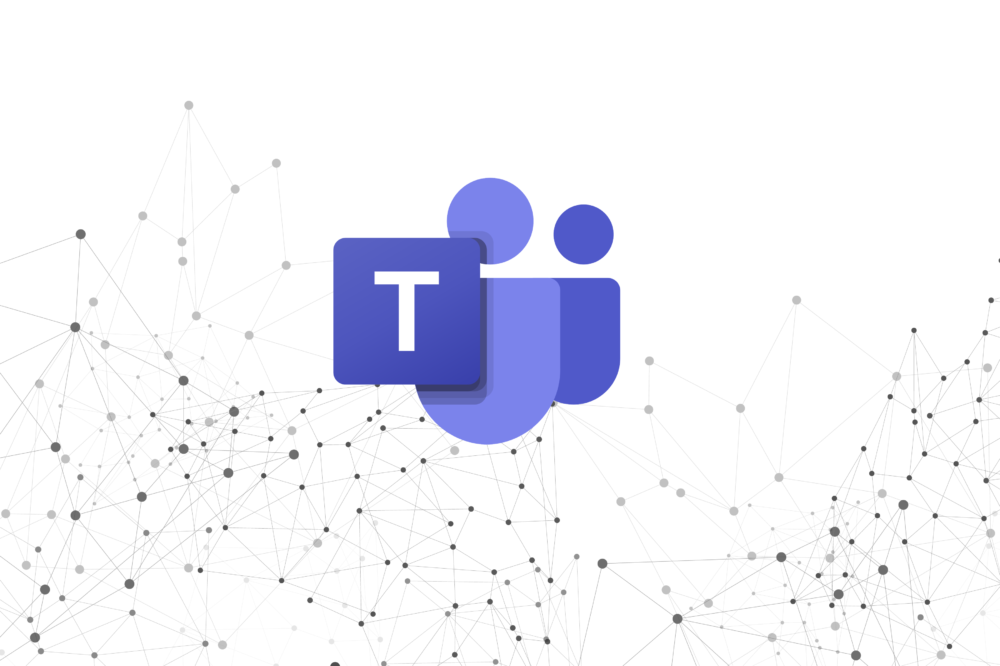Sensitive DeepSeek Data Exposure
 A New York–based cybersecurity firm (Wiz) discovered that over a million lines of sensitive data—including software keys and user chat logs—were inadvertently left exposed online by Chinese AI startup DeepSeek. Although the startup moved quickly to secure the data, the leak has intensified concerns about data handling amid an increasingly competitive AI landscape.
A New York–based cybersecurity firm (Wiz) discovered that over a million lines of sensitive data—including software keys and user chat logs—were inadvertently left exposed online by Chinese AI startup DeepSeek. Although the startup moved quickly to secure the data, the leak has intensified concerns about data handling amid an increasingly competitive AI landscape.
Securing sensitive data is essential to preventing cyber threats and reputational risks.
- Implement robust access controls to restrict sensitive data exposure and ensure that only authorized personnel can access critical infrastructure.
- Encrypt all stored and transmitted data using strong encryption standards to prevent unauthorized interception or leakage.
- Regularly audit and monitor cloud environments to detect misconfigurations and unauthorized access before they become security incidents.
- Enforce strict security policies for API keys and digital credentials to prevent accidental exposure of authentication mechanisms.
By taking proactive steps, organizations can minimize the risk of sensitive data exposure and strengthen their overall security posture.
Google Blocks Millions of Risky Android Apps
 In a significant crackdown on mobile threats, Google has reportedly blocked a record 2.36 million potentially harmful Android apps from the Play Store. This measure, bolstered by AI-powered reviews and enhanced detection mechanisms, also led to the banning of 158,000 developer accounts suspected of distributing malware. This step marks an important move toward protecting millions of Android users worldwide.
In a significant crackdown on mobile threats, Google has reportedly blocked a record 2.36 million potentially harmful Android apps from the Play Store. This measure, bolstered by AI-powered reviews and enhanced detection mechanisms, also led to the banning of 158,000 developer accounts suspected of distributing malware. This step marks an important move toward protecting millions of Android users worldwide.
Even with improved security measures, businesses and individuals must take proactive steps to protect sensitive data and mobile environments.
- Keep devices and security features updated to ensure Play Protect and other safeguards remain effective against evolving cyber threats.
- Implement mobile app security policies that restrict the use of unverified applications and enforce strict permission management.
- Educate employees and users on identifying suspicious apps, verifying software sources, and minimizing exposure to potential malware.
By staying vigilant and implementing strong security measures, organizations can safeguard their data and digital assets against evolving mobile threats.
UnitedHealth Data Breach Affects 190 Million Americans
 UnitedHealth has confirmed that a massive data breach impacted around 190 million Americans, making it the largest healthcare breach in U.S. history. The incident, linked to the Change Healthcare ransomware attack by the BlackCat gang, not only led to a substantial ransom payment but also exposed vast amounts of sensitive personal and healthcare data, sparking renewed calls for stronger cybersecurity measures in the healthcare sector.
UnitedHealth has confirmed that a massive data breach impacted around 190 million Americans, making it the largest healthcare breach in U.S. history. The incident, linked to the Change Healthcare ransomware attack by the BlackCat gang, not only led to a substantial ransom payment but also exposed vast amounts of sensitive personal and healthcare data, sparking renewed calls for stronger cybersecurity measures in the healthcare sector.
Massive healthcare data breaches highlight the urgent need for stronger access controls and data security.
- Secure remote access with strong authentication to prevent unauthorized logins that exploit stolen credentials. Implement cryptographic authentication instead of relying solely on passwords.
- Encrypt all sensitive data at rest and in transit to ensure that stolen healthcare records and personal data remain unreadable to unauthorized parties.
- Implement continuous network monitoring and anomaly detection to detect unauthorized access attempts before they escalate into full-scale attacks.
SSL.com’s Client Authentication certificates protect an organization’s critical systems by providing an extra layer of security that passwords alone cannot give. They shield sensitive data and digital assets from malicious actors by ensuring that only verified individuals or organizations are granted access.
Secure Access with Strong Authentication
Russian Hackers Exploit Microsoft Teams for IT Fraud
 Russian cybercriminals have been impersonating IT support staff on Microsoft Teams to gain unauthorized remote access to organizational networks. By overwhelming targets with spam emails and initiating fraudulent support calls, these hackers have successfully installed ransomware and exfiltrated sensitive data. The tactic exploits Teams’ default configuration, which allows external contacts to communicate with internal staff.
Russian cybercriminals have been impersonating IT support staff on Microsoft Teams to gain unauthorized remote access to organizational networks. By overwhelming targets with spam emails and initiating fraudulent support calls, these hackers have successfully installed ransomware and exfiltrated sensitive data. The tactic exploits Teams’ default configuration, which allows external contacts to communicate with internal staff.
Social engineering attacks exploiting Microsoft Teams highlight the urgent need for stronger email and communication security.
- Limit external communication on Teams and similar platforms to prevent unauthorized users from initiating chats or calls with employees.
- Deploy behavioral monitoring tools that can detect and block abnormal login attempts or unusual account activity in real-time.
- Require digital verification for all IT support requests to prevent employees from engaging with fraudulent tech support impersonators.
SSL.com’s S/MIME certificates encrypt and authenticate email communications, ensuring that employees can verify the legitimacy of internal IT support messages, preventing phishing, and reducing the risk of fraudulent access.
Secure Your Email Communications


